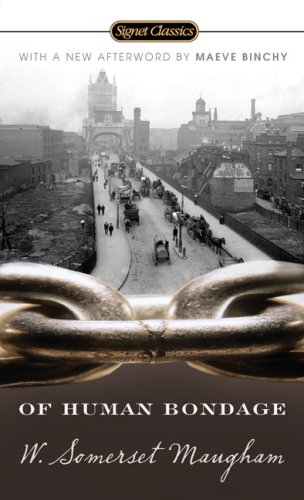I was thinking of the peculiar romance of sodium lamps the other night, sitting in an auto under the Lajpat Nagar flyover, waiting for the traffic lights to change.
A line of orange lights was my first view of Dubai from the aeroplane, when I went there a few months ago. I was sitting in the window seat and, taking a break from the book I was reading, was staring down from the window at the inky blackness that I presumed to be the sea. Suddenly, I saw a meandering string of orange lights in the distance. Exhausted as I was from the flight, the glittering thread of orange assumed a magical quality and I could only stare as it rushed towards me. Soon, other pieces of orange string started appearing, forming a crisscross pattern below. By this time, our plane had started descending. I could make out the lights of vehicles travelling along the strings and I realized that the orange lines were roads, lined by orange sodium lamps. But, I will never forget that first sight of land - that orange necklace separating civilization from the empty wilderness of the sea.
I am quite sure that, looking back on my Delhi life, the predominant memories will be of speeding in my Dad's car along nearly-empty, sodium-orange Delhi roads at night. Delhi doesn't have a night life and, by eleven, the roads are quite empty, except for a stray gang of youth in a flashy car here or a stray beggar wandering dazedly there. The flyovers form unofficial night-shelters for the homeless of Delhi - the poor labourers who pour in from the surrounding countryside in search of a better life and get trapped in the glamourous web that Delhi weaves. The orange glow of the road lights gives them comfort at night, bathing the atmosphere in a surreal, fantasy-land glow.


